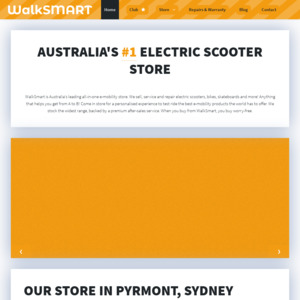I have come up with an idea, and still in the phase where I "think its a great idea" and "cannot find any faults", but maybe tomorrow I will come to realise some issues with it.
I am thinking of creating a group, to allow members (businesses) in Australia to equally contribute financially to the marketing of products collectively. Applicable to companies that sell the same products as one another.
In my example, I would gather electric scooter distributors, retailers, wholesalers and importers into a forum where marketing campaigns can be contributed collectively by choice.
For example, for a specific electric scooter, all business involved with supply can choose to contribute to the cost of a significant influencer promoting that product.
Businesses that choose to be part, must contribute equal amounts, and they must benefit equally e.g. that influencer mentioning all businesses at the bottom of all posts etc….
I think it would be a good way to split up large marketing costs that small to medium businesses would otherwise not be able to do. While also helping to develop a particular product in Australia.
Some issues come to mind
- Will the businesses that choose not to contribute to a campaign, still benefit? And will this influence their decision to be part of that marketing campaign?
- Could this promote anti-competitive behaviour?
- Will businesses even be interested in joining? Any ideas to get them interested if so?
- Who will be in charge of the group? Who will run the marketing campaigns and organise? Must be no conflict of interest.
- Cost vs benefit for different categories of businesses. e.g. supplier vs retailer and different profit margins?
I do not think there is a difficult solution to the issues above
What other risks or issues are there to consider?

A couple of issues spring to mind:
(1) If your "electric scooter alliance" promotes electric scooters in general, then that will enhance the market for all vendors, even those that don't pay to be in the alliance.
(Usually known as the free-rider problem)
(2) How would you decide on a fair "membership fee" for sellers of vastly different sizes.